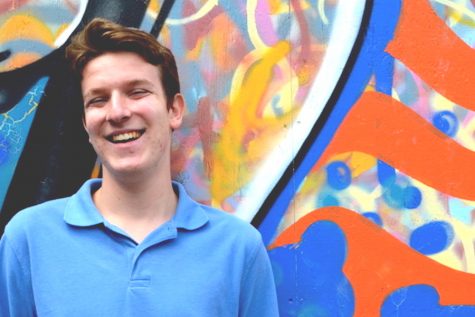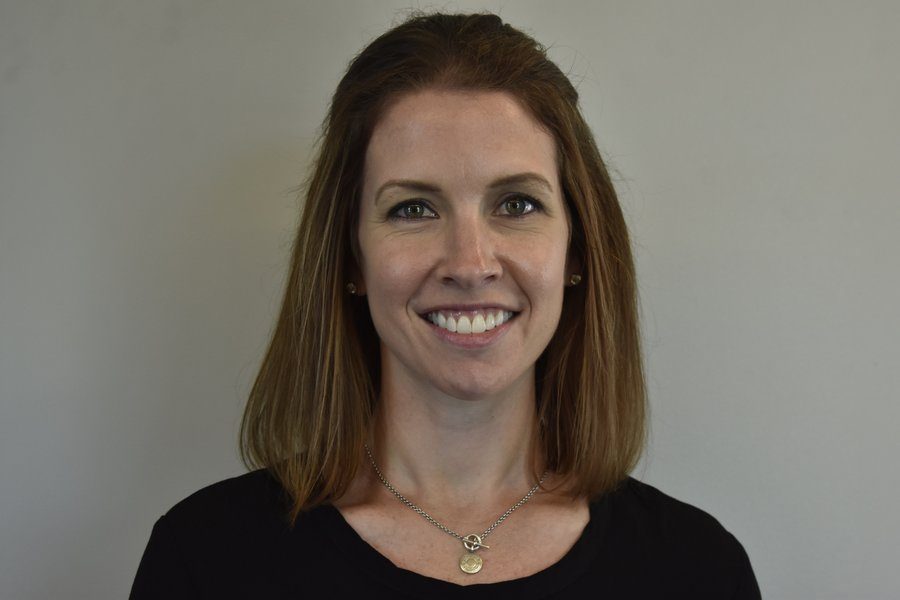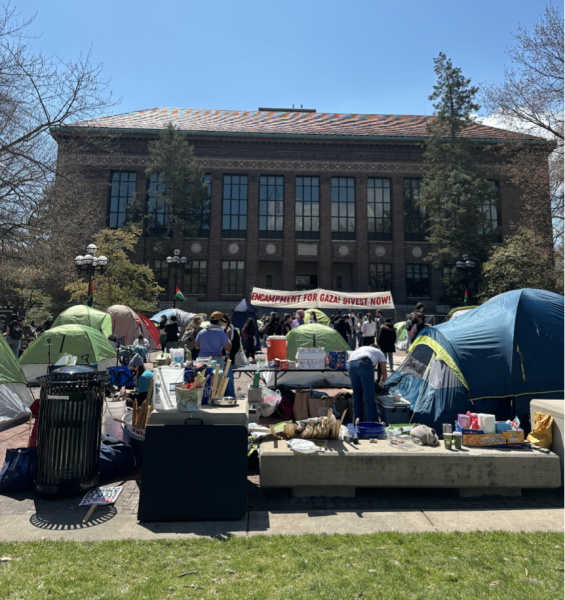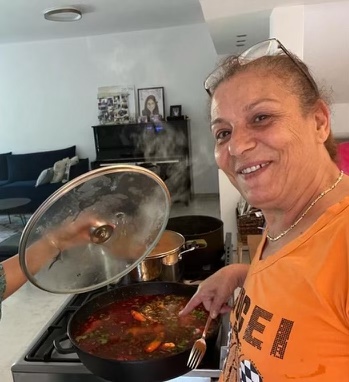Trump remarks after anti-semitic rally in Charlottesville rally change few views among his supporters at school
When President Donald Trump blamed recent events in Charlottesville on both neo-Nazi demonstrators and the counter-protesters who organized against them, 62 percent of Republicans thought he was right, according to a Washington Post poll.
And that was about the percentage among Trump supporters at Shalhevet, where to the surprise of many he won a student mock election last fall.
“I think that’s an accurate point of view,” said sophomore Joseph Klores, who had voted for Trump in the Mock Election.
“Both sides were fighting each other, and in between the fighting riots occurred,” he said, “and out of the fighting unplanned injuries and casualties were caused by that, unfortunately.
Many, including most Republican party leaders and a majority of Americans, thought the president was wrong — 56 percent of U.S. adults, the poll found, while only 28 percent approved.
On Friday, Aug. 11, protesters marched near the University of Virginia, screaming slogans such as “White Lives Matter,” “blood and soil” and “Jews will not replace us.” They carried Nazi flags, torches reminiscent of marches by the Ku Klux Klan, and perhaps even more menacing, rifles, shields and pepper spray as they marched through the streets of the college town in a protest that had been long planned, as well as permitted by city officials.
They gathered again on Saturday, Aug.12, this time met by thousands of counter-protesters, many yelling or carrying signs telling them to go home. Television news reports showed people being beaten and even shot by demonstrators, although it was not always easy to tell who was who. As the melee died down, a car being driven by James Alex Fields Jr. drove toward the anti-protesters, backed up to gain speed, and then rammed into them, killing 32-year old Heather Heyer.
“I think there is blame on both sides,” President Trump said at a New York news conference Aug. 16, after the protests against the proposed removal of the statue of Confederate general Robert E. Lee. “You had a group on one side that was bad and you had a group on the other side that was also very violent. Nobody wants to say it, but I will say it right now.”
Joseph Klores said it was both sides’ faults.
“It was a tragic event that unfortunately… alt-right, Neo-Nazi, and KKK attacked innocent Jews and killed innocent people,” he said.
Fellow sophomore Ben-Tsion Oliel also supported the president. Ben thinks that the president condemned the Nazis in “an amazing way.”
“He came and he actually called them out by name, which is I think sufficient,” said Ben. “I fully stand by President Trump’s statements. He totally and strongly explained that such violence doesn’t belong in our country.”
Ben also believes the media should have focused on “Antifa” — an anti-fascist umbrella group — in addition to the white supremacists.
“The thing that he [Trump] said that was true was that the radical left, led by Antifa, are extremely dangerous,” Ben said. “Nowadays the media would try to incriminate the President, but they should have focused on both the white supremacists and Antifa, who are doing horrible and evil things.”
Senior Maya Schechter thinks President Trump should have been more sensitive, but did not see his comments as having supported Nazi or right-wing views.
“From my understanding, the controversy was about how he didn’t completely and absolutely condemn white supremacy,” said Maya. “I think he could have been more careful about it, but I don’t think like he’s secretly like a white supremacist.”
She also said his comments didn’t change her view about him, because she thought he just was trying to be sure he had all the information.
“From the way that it sounded, like he just didn’t want to get like any of his facts wrong,” Maya said.
However, some Shalhevet Trump supporters thought his comments were flawed. Senior David Khakshooy thought they leaned toward one side
“It seems like it was only the Neo-Nazis and the white supremacists fault,” David said. “It seemed like Trump was being a little biased.”
He was also extremely opposed to the events that occurred in Charlottesville.
“If people want to share their beliefs and be proud of that, it’s fine, but when it turns violent, that’s when it becomes an issue,” said David.
Associate Director of College Counseling Ms. Lisa Gruenbaum said the incident had caused her to question her support of the president.
“I think that Donald Trump could’ve taken a stronger stance against the issue at hand,” said Ms. Gruenbaum. “Those guys are the people that Trump should’ve spoken out against… Perhaps he didn’t because he got votes from them.”
Noting that Charlottesville was chosen for the march because of a Robert E. Lee statue there — which was scheduled to be taken down — Ms. Gruenbaum said she agreed with the marchers that it should stay. Robert E. Lee was the general who led the army of the Confederate States of America during the Civil War.
“I appreciate history — I do see some value in remembering,” she said. “So you know a statue that’s been in our country, that does have that history to it, I’m not immediately feeling the need to get rid of it just because that person expressed an opinion that people don’t agree with anymore.”
Still, she said she doesn’t know whether she would vote for Trump in an election again.
“My views have definitely changed over time,” Ms. Gruenbaum said. “I was a Trump supporter at one point, but it’s in times like this where I question my support.”

Tobey Lee joined Boiling Point his freshman year, writing award-winning stories about the boys basketball team and delving into the intricacies of the California Interscholastic Federation. From there, he became Sports Editor as a sophomore and he is now the editor of the Features section. Aside from BP, Tobey enjoys singing bass in the choir, hanging out with friends and spending time with his family.










